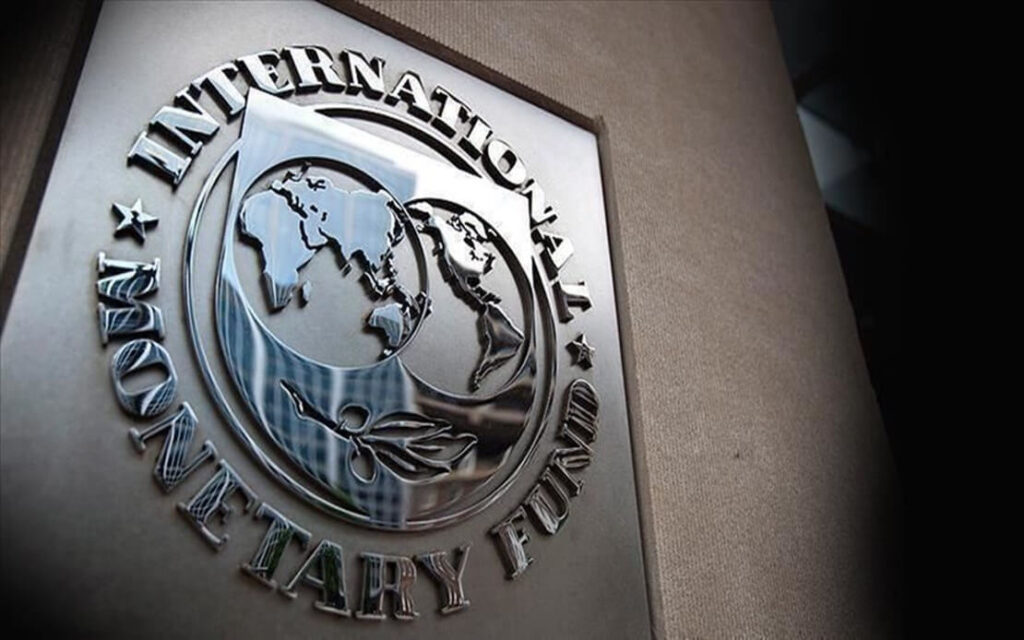The International Monetary Fund (IMF) Executive Board has completed the second review of the Extended Credit Facility Arrangement for Tanzania, allowing for an immediate disbursement of about $150.5 million for budget support.
The completion of the second review brings Tanzania’s total access under the arrangement to about $455.3 million.
The arrangement aims to support economic recovery, preserve macro-financial stability, and promote sustainable and inclusive growth. Reforms center on strengthening fiscal space, enhancing the monetary policy framework and strengthening financial sector supervision, and advancing structural reforms.
Tanzania’s economic reform program is broadly on track. Most end-June 2023 quantitative performance criteria and indicative targets were met. The authorities’ structural reform agenda is progressing well, with all end-June 2023 structural benchmarks completed on time, reflecting their commitment to the reform agenda.
After slowing down in 2022, growth is expected to rebound in 2023 but the unfavorable global economic environment and domestic factors continue to weigh on Tanzania’s economic recovery. Inflation has moderated and is within the Bank of Tanzania’s target. The fiscal deficit was wider than expected in FY2022/23, largely reflecting shortfalls in revenue collections, but the authorities are committed to implementing the fiscal consolidation envisaged in the FY2023/24 budget. A wider current account deficit for FY2022/23 and tighter external financial conditions resulted in pressures in the foreign exchange market.

The economic recovery is expected to regain momentum going forward but faces headwinds from the unfavorable global economic environment. Near-term policy priorities include exchange rate flexibility combined with tightening of local currency liquidity and fiscal consolidation, while preserving priority social spending. The medium-term outlook is positive subject to steadfast implementation of the authorities’ reform agenda, anchored by the ECF arrangement.
Following the Executive Board discussion, Mr. Li, Deputy Managing Director and Acting Chair, issued the following statement:
“Tanzania’s ECF-supported program focuses on strengthening the economic recovery, preserving macroeconomic stability, and supporting sustainable and inclusive growth. The authorities remain committed to their reform program, despite an unfavorable global economic environment. Performance under the ECF has been broadly on track.
“The fiscal consolidation envisaged in the budget will help buttress fiscal sustainability. Efforts to enhance domestic revenue mobilization and improve spending efficiency are important to create fiscal space, finance priority investment and social spending, and safeguard debt sustainability. Further, closing gaps in Tanzania’s human and social development will require prioritizing social spending during budget planning and execution. Strengthening public financial management and oversight of state-owned enterprises will help contain fiscal risks.
“A coordinated macroeconomic policy response is necessary to address pressures in the foreign exchange market. The authorities’ response to the emerging foreign exchange market pressures has focused on interventions and regulatory measures. Addressing the root causes of imbalances calls for a more comprehensive policy response that includes exchange rate flexibility, fiscal consolidation, and continued tightening of local currency liquidity.
“Continuing efforts to modernize the monetary policy framework and complete the ongoing transition to an interest rate-based monetary policy are key to enhance the effectiveness of monetary policy. Upgrading the financial supervision framework, including by implementing FSAP recommendations, will help to buttress financial sector stability and promote financial deepening. Measures to align Tanzania’s legal framework with FATF standards will improve the effectiveness of the AML/CFT framework.
“Structural reforms are essential to promote inclusive, resilient, and sustainable growth. Business reforms should focus on streamlining bureaucratic procedures, simplifying the regulatory regime, and enhancing regulatory transparency. Implementation and enforcement of the authorities’ anti-corruption legislation and strategies is central to enhancing governance. Tanzania’s high vulnerability to climate change calls for continued efforts to increase resilience through mitigation and adaptation policies.” He added.







